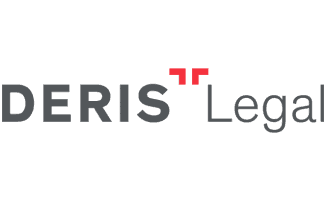Based on the aim of compliance with the objectives of the European Green Deal, Turkey’s e-mobility sector has been experiencing a significant development to reduce greenhouse gas emissions from the transportation sector and to accelerate the transition to a cleaner and more sustainable mobility. Therefore, Turkey has recently introduced new regulations and various incentive schemes relating to e-mobility.
In this context, an amendment of the Electricity Market Law Nr. 6446 entered into force on 21 December 2021 that regulates the procedures and principles on e-mobility activities as well as the rights and obligations of the market participants. Furthermore, new regulations on operation licences for electric vehicle charging stations and on installment of charging points in parking areas have been introduced. In addition, regulations that provide the legal framework for the e-scooter sector as a significant part of micro-mobility entered into force. The Turkish government has also adopted incentives for investments in electric vehicle charging stations. As a result of these regulations, it is expected that the number of electric vehicles and the electric vehicle charging stations will significantly increase in Turkey within the following years. Continue reading “Sponsored briefing: Legal framework for Turkey’s transition to e-mobility has been introduced”













